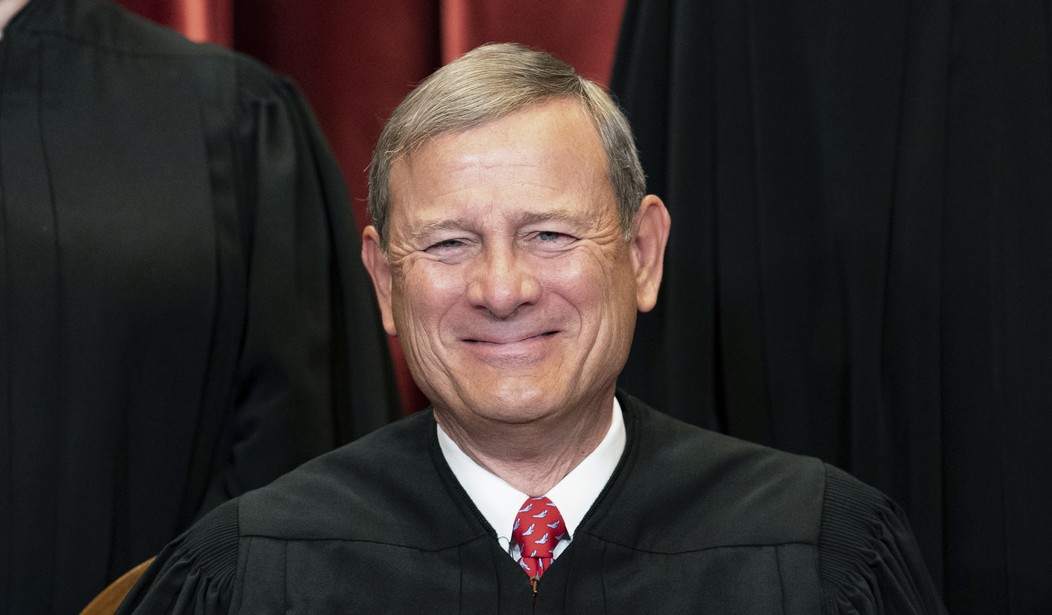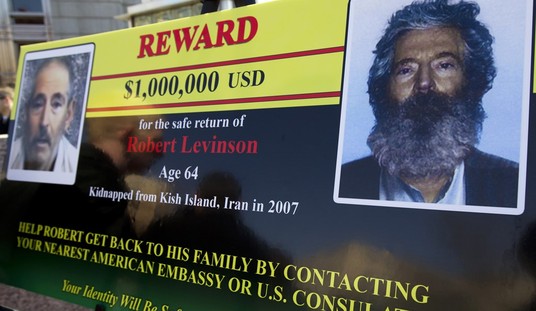Conservative voices on the Supreme Court united to overturn a decades-old decision that gave a lot of deference to federal agencies and their ability to write rules with little input or oversight from Congress.
In a pair of decisions — Relentless, Inc. v. Department of Commerce and Loper Bright Enterprises v. Raimondo — the Supreme Court ruled that the decades-old Chevron deference, a judicial test that would give deference to federal agencies so long as their interpretations of federal rules are "reasonable" and so long as Congress had not spoken directly on those rules, was not a valid test for regulatory agencies.
Roman Martinez, representing one group of fishing vessels, and Paul Clement, representing a second group, both argued that the Chevron deference was “not consistent with the rule of law.” They argued — and the conservative justices appear to agree — that such a precedent was both “hopelessly ambiguous” and “reliance destroying.”
In the 6-3 majority opinion, Chief Justice John Roberts wrote that Chevron "defies the command of" the Administrative Procedure Act (the law governing federal administrative agencies) "that the reviewing court--not the agency whose action it reviews--is to decide all relevant questions of law and interpret ... statutory provisions. It requires a court to ignore, not follow, the reading the court would have reached had it exercised its independent judgment as required by the APA."
Roberts noted: "Perhaps most fundamentally, Chevron’s presumption" (that statutory ambiguities are implicit delegations of authority by Congress to federal agencies) "is misguided, because agencies have no special competence in resolving statutory ambiguities. Courts do."
Roberts added that this decision does "not call into question prior cases that relied on the Chevron framework. The holdings of those cases that specific agency actions are lawful--including the Clean Air Act holding of Chevron itself--are still subject to statutory stare decisis despite our change in interpretive methodology."
The Chevron deference doctrine, which is named after the landmark case Chevron U.S.A., Inc. v. Natural Resources Defense Council, Inc., was decided in 1984. Now, 40 years later, the Supreme Court has overturned that precedent, benefiting small businesses and American citizens and culling the power wielded by unelected bureaucrats and non-legislative federal agencies.
For more up-to-date news on key court cases and legal analysis, please consider upgrading to a VIP account. VIP status will open a plethora of stories and podcasts here at RedState. And remember that a Gold-level account gets you access to all of our sister sites in Townhall Media: PJ Media, Twitchy, Hot Air, Bearing Arms, and Townhall.com. Today, we're running a massive sale: Use promo code USA60 for a 60% discount.













Join the conversation as a VIP Member